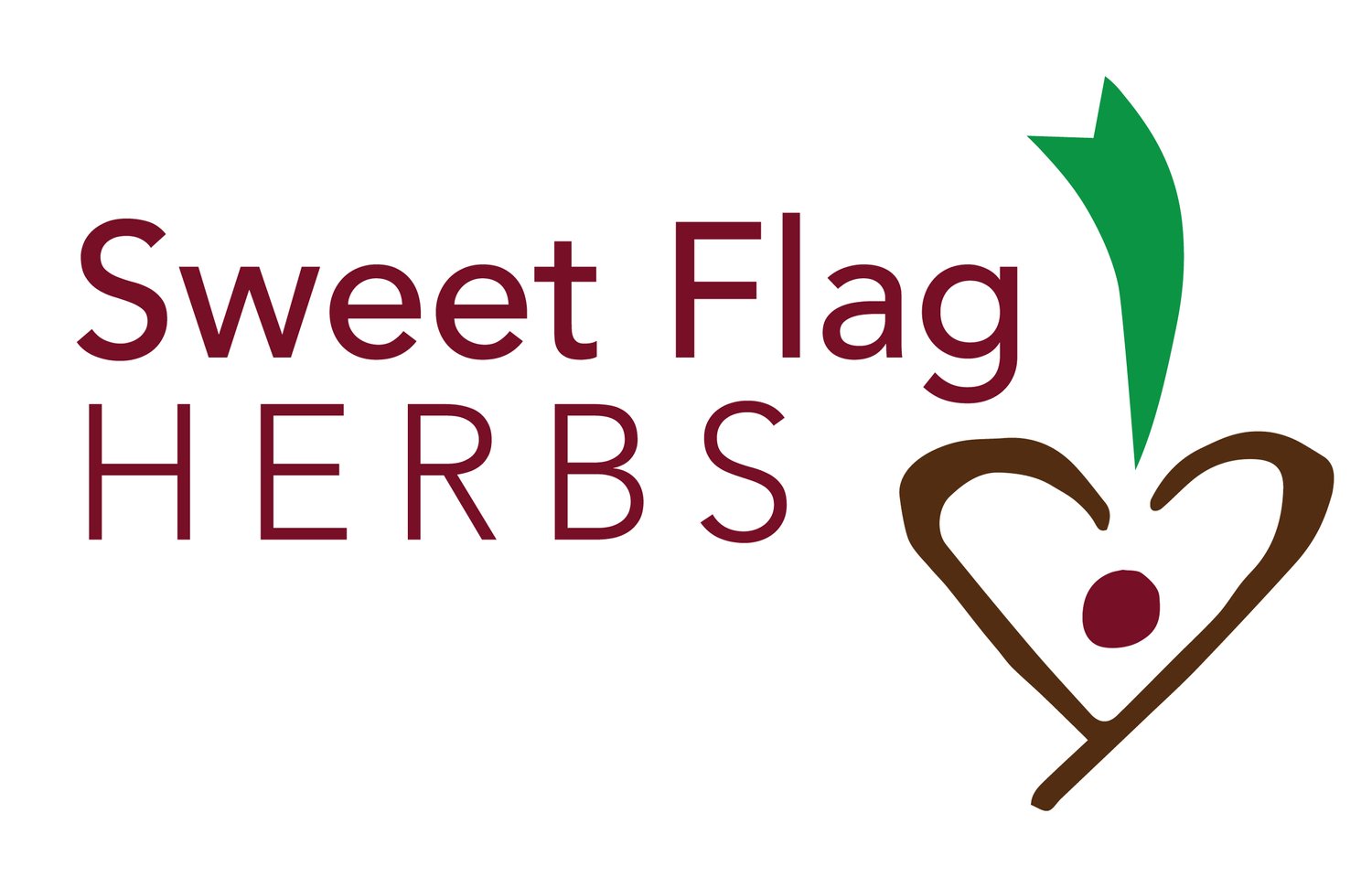An herbalist reflects on genocide
Image: Yarrow (Achillea millefolium) in full bloom.
While traveling in Poland with my dad last year, he suggested we visit the Auschwitz-Birkenau Memorial and Museum. I agreed to join him, though I felt unsure about my role there. Over a million people visit the site each year. Are we honoring those who died with our tourism? Is the museum's "popularity" evidence of humans' fascination with the macabre, or the urge to check a famous place off a bucket list?
Our guide informed us that after WWII ended, holocaust survivors started giving Auschwitz-Birkenau tours shortly after. They wanted the world to witness what happened. They didn't want this horrific crime to be forgotten. Now I had a personal invitation, and I understood why I was there.
Inside the grounds, not far from stable-like living quarters, I was struck by the view through the barbed wire fence. A lush field of wheat was the camp’s neighbor--leaves dancing in the sunlight, wheat berries ripening. I didn’t know whether that field was farmed during the war, but I imagined how it would feel to be starving and thirsty, watching a crop get tended so close by. Watching the harvest and picturing the countless loaves of bread it would make.
I later learned about the 40+ Auschwitz subcamps in the area, some of which required prisoner labor on farms. People sowed grain and beets, tended livestock and cleaned out fish ponds, all while hungry and exhausted (source).
I wrote this on the train back to Kraków:
No botanical history is woven by these guides
So I make a guess.
As hunger and labor weakened their hands
Rural folk bent quickly,
Grasping at wayside plants they knew--
hearts racing
careful timing
and a hasty prayer.
Plantain, dandelion--
no matter the fibrousness in the
heat of summer.
Bitter yarrow when hunger pains
overpowered the bite.
Scurvy staved off a little longer.
Then the plants were gone
Unable to push growth quickly enough
to meet desperate fingers.
Did the guards notice the land
losing its color
alongside its people?
Listening to the news today, I heard United Nations spokesperson Jens Laerke call Gaza “‘the hungriest place on Earth’” (source). He said that the entire population of Gaza is at risk of famine. UN aid has been slowed and derailed by insecure travel conditions and "significant delays” in approvals (source). Laerke calls this “‘one of the most obstructed aid operations, not only in the world today, but in recent history’” (source).
At a UN World Food Programme (WFP) warehouse in central Gaza this week, desperate Gazans took wheat flour that had been designated for bakeries. WFP noted “‘the risks imposed by limiting humanitarian aid to hungry people in desperate need of assistance’” (source). I thought of that wheat field in Poland, tantalizingly close to suffering people.
No war justifies the starvation of millions of civilians. Being outraged by the “war crimes…[and] crimes against humanity” of a leader or government is not anti-Semitic. Many Jews I respect are using their voices to demand freedom, justice, equality, and dignity for the Palestinian people—just as Jews and all people deserve.
Living in the US, we are the wheat farmers. We are the bakers. Since Israel’s inception, the US has provided Israel with over 130 billion dollars in assistance (source). The US is Israel’s largest trading partner (source). Our relations with Israel and our leaders’ words have a huge impact on this conflict.
I believe that honoring the prisoners at Auschwitz-Birkenau requires speaking out against humanitarian crises and war crimes today.
What can we do?
Call or write letters to our congressional representatives and senators. This resource offers help with what to say.
Jewish Voice for Peace offers online action items on their homepage.
Sign the anti-genocide pledge.
If you wish to donate, one reputable organization is the Palestinian Children’s Relief Fund. “Our mission is to provide medical and humanitarian relief collectively and individually to children throughout the Levant, regardless of their nationality or religion.”
Current events & plant companions
I felt unsure about sharing these reflections here. In Sweet Flag Herbs spaces, I’m led to leave “politics” at the door. We sorely need opportunities to connect “across the aisle,” building meaningful skills and knowledge on things that are universally human. Nature, herbal medicine, gardening, sustainable foraging--these experiences should be available to all. I sincerely welcome folks from across the political spectrum to take part.
However, when I worked at the Chestnut School of Herbal Medicine, we acknowledged that “human rights issues are not political issues." Freedom, justice, and dignity for everyone is something we should all agree on. Further, herbs can't support health & wellness unless our basic needs are met.
Plants are companions and witnesses through the full range of human experiences—even in times of suffering. May we take their lead and serve as good companions, witnesses, and advocates, too.

